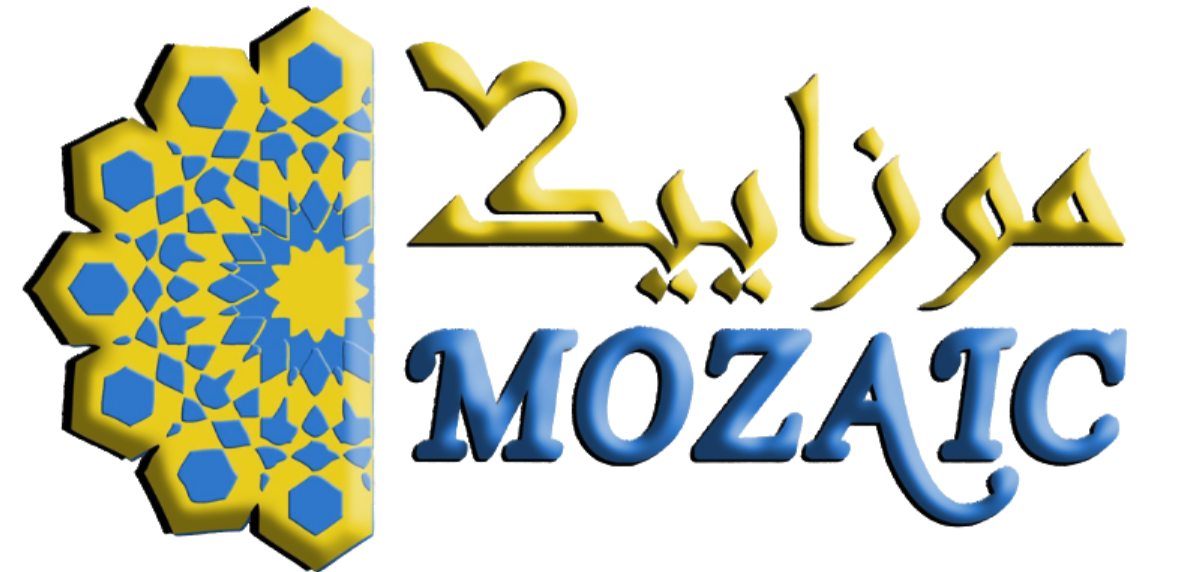
The Muslim Women between Past and Present
By Raghad Bushnaq, Founder and ED
The experiences of Muslim women have evolved throughout history and vary greatly depending on the time period, geographic location, cultural traditions, and social status.
In the past, during the time of Prophet Muhammad (peace be upon him) and the early Islamic period, women had more rights and freedoms than they did in many other societies at the time. The Prophet encouraged women’s education and participation in society, and women were involved in business, teaching, and even warfare. In some cases, women held positions of political power and influence.
However, as time passed and various cultural and societal factors came into play, the status of women in Muslim societies began to change. This was particularly evident during the colonial era, when European powers exerted their influence over Muslim lands and introduced Western concepts of women’s rights that conflicted with traditional Islamic practices. Additionally, the rise of fanatic interpretations of Islam in recent decades has led to restrictions on women’s rights in some Muslim countries, such as limitations on education, employment, and mobility.
Nevertheless, there are many Muslim women today who are working to reclaim their rights and push for greater equality within their societies. Women are increasingly taking on leadership roles in business, politics, and activism, and there are growing movements to promote women’s education, health, and empowerment. The experiences of Muslim women are complex and diverse, and their status has been shaped by a wide range of historical, cultural, and political factors. While there are certainly challenges and obstacles that Muslim women continue to face, there are also many examples of resilience, strength, and progress.
Donate to support Women in the DMV:
The Struggle of the Muslim Women in the west
Muslim women living in the West face their own unique set of struggles and challenges, many of which are related to discrimination and prejudice based on their ethnicity, religion, or cultural background. Some of the struggles of Muslim women in the West include:
- Islamophobia: Muslim women in the West often face discrimination and prejudice based on their religion, and may be subjected to hate speech, harassment, or violence.
- Negative stereotypes: Muslim women are often portrayed in the media and popular culture as oppressed, submissive, or backward, which can contribute to discrimination and marginalization.
- Cultural conflicts: Muslim women living in the West may struggle with navigating conflicting cultural norms and expectations, particularly if they come from more traditional or conservative backgrounds.
- Limited representation: Muslim women are often underrepresented in politics, media, and other public spheres, which can make it difficult for them to have their voices heard and their perspectives represented.
- Gender-based violence: Muslim women in the West are not immune to gender-based violence, including domestic violence, sexual assault, and human trafficking.
Despite these challenges, many Muslim women in the West are actively working to challenge stereotypes, combat discrimination, and promote greater understanding and acceptance of their communities. They are involved in activism, advocacy, and community organizing, and are working to create spaces where Muslim women can feel safe, supported, and empowered. There are also many organizations and initiatives that are dedicated to promoting the rights and well-being of Muslim women in the West, and providing resources and support to help them overcome the obstacles they face.
Donate to Islamophobia Victims :
The Achievements of Muslim Women
Muslim women have made significant achievements in various areas of life, including their families, communities, and countries. Some of these achievements include:
- Education: Muslim women have been making strides in education, with increasing numbers of women pursuing higher education and entering professional fields. This has led to greater economic and social empowerment for women, as well as greater representation in decision-making roles.
- Politics: Muslim women have been breaking barriers in politics, with a growing number of women running for and winning elected positions at local, national, and international levels. This has helped to increase the visibility and representation of women in public life, and has given Muslim women a voice in shaping policies and priorities.
- Activism: Muslim women have been at the forefront of social and political activism, advocating for issues such as women’s rights, social justice, and environmental sustainability. This has helped to raise awareness and create positive change in their communities and beyond.
- Entrepreneurship: Muslim women have been increasingly starting their own businesses, creating jobs, and contributing to economic growth and development. This has helped to challenge traditional gender roles and stereotypes and has empowered women to take control of their own economic futures.
- Arts and Culture: Muslim women have also made significant contributions to the arts and culture, including music, literature, film, and visual arts. This has helped to showcase the diversity and richness of Muslim cultures and has provided opportunities for Muslim women to express themselves creatively and share their perspectives with a wider audience.
Overall, Muslim women have made significant achievements in various areas of life, despite facing significant challenges and obstacles. Their contributions have helped to shape their families, communities, and countries, and have paved the way for greater gender equality and empowerment.
Donate to Support Women’s achievements:
Muslim Women and Her Role in Raising the Umma
Muslim women play a vital role in raising and nurturing the umma, or Muslim community, in a variety of ways:
- Family and Child-Rearing: Muslim women are often the primary caregivers in their families, responsible for raising and educating their children in accordance with Islamic values and teachings. This includes instilling a love for Allah and the Prophet Muhammad, teaching good manners, and providing emotional and spiritual support to their families.
- Education: Muslim women have been instrumental in promoting education, both for themselves and for others in their communities. They often take on leadership roles in Islamic schools, madrasas, and community centers, teaching children and adults about Islam and its teachings.
- Community Building: Muslim women are often active members of their local mosques and community centers, working to create spaces where Muslims can come together, worship, and support one another. They often take on leadership roles in organizing community events, fundraising, and providing social services.
- Spiritual Guidance: Muslim women are also often sought out for their spiritual guidance and counseling, both within their families and communities. They may provide support to those who are struggling with personal or religious issues, and may offer advice and guidance based on their knowledge of Islamic teachings.
- Advocacy: Muslim women are increasingly taking on advocacy roles, speaking out about issues that affect their communities and working to promote social justice and human rights. They may work to combat Islamophobia and discrimination, or to raise awareness about issues such as poverty, inequality, and environmental degradation.
Overall, Muslim women are an essential part of the umma, contributing their skills, knowledge, and compassion to help build strong, vibrant, and inclusive Muslim communities. Their contributions are vital to the well-being and flourishing of the umma as a whole.

